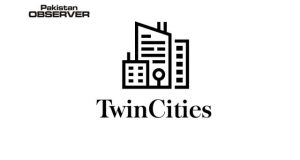Zubair Qureshi
The Human Rights Commission of Pakistan (HRCP) raised several pertinent concerns in its 2019 annual report on the State of Human Rights in Pakistan. However, the report overlooks several major milestones towards securing and safeguarding the rights of vulnerable groups that were reached in the past year in Pakistan.
Although the process of changing mindsets, laws and institutions is one that is long and slow, it is critical keep sight and track of all the steps and progress along the way. To simply deny progress being made in confronting the massive challenges confronting Pakistan today as a result of decades of neglect itself raises question of intent.
While the report accurately cites an alarmingly high number of cases of violence against women and children, it does not account for the important institutional as well as legislative measures that have been taken in the last year to safeguard and promote their rights.
This includes the Zainab Alert, Response and Recovery Act 2020 which was introduced in 2019, as well as comprehensive National Action Plan against Child Abuse that has been prepared by the MOHR and was submitted to the Prime Minister’s Office. Important steps have also been taken towards the criminalization of domestic violence and related awareness campaigns in the media.
Moreover, last year has featured some important advancement with regard to the rights of prisoners in Pakistan.
In 2019, Ministry of Human Rights released a landmark report on Prison Reforms. The Islamabad High Court has constituted an Implementation Commission on Prison Reforms on the basis of this report, which is being led by the Ministry of Human Rights. MOHR has also been working towards developing SOPs and other emergency measures to protect prisoners during the Covid-19 outbreak.
With regard to the right to freedom of press and curbs on political dissent, a very important new legislation on the Protection of Journalists and Media Professionals was discussed with journalists and media professionals in 2019 and approved in principle by the Cabinet in early 2020.









